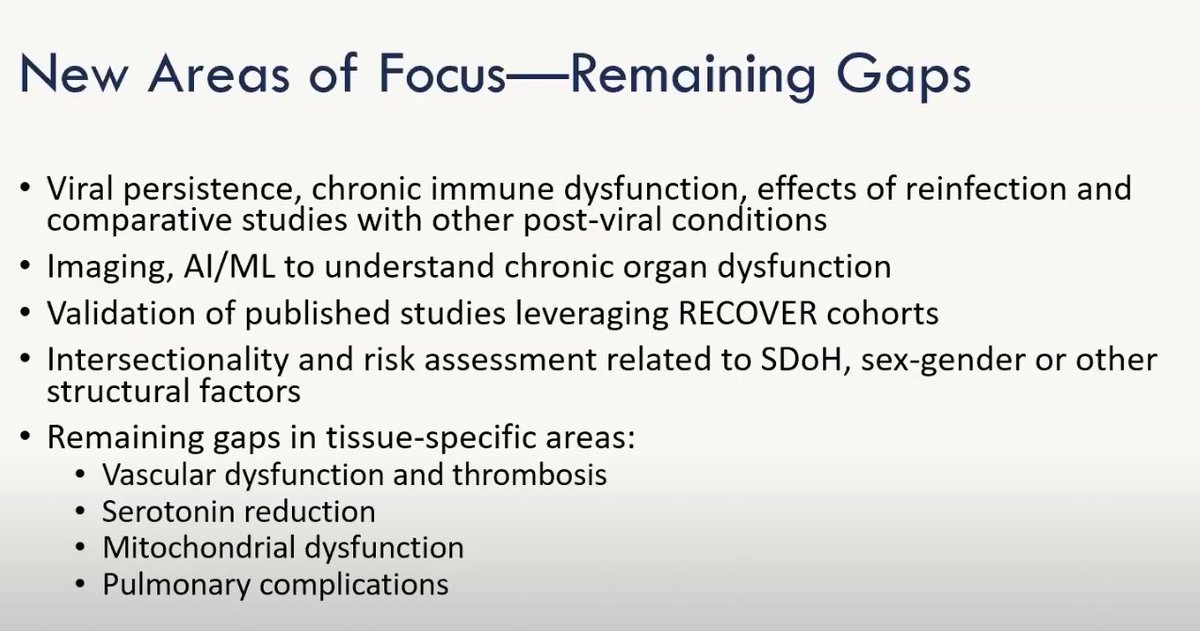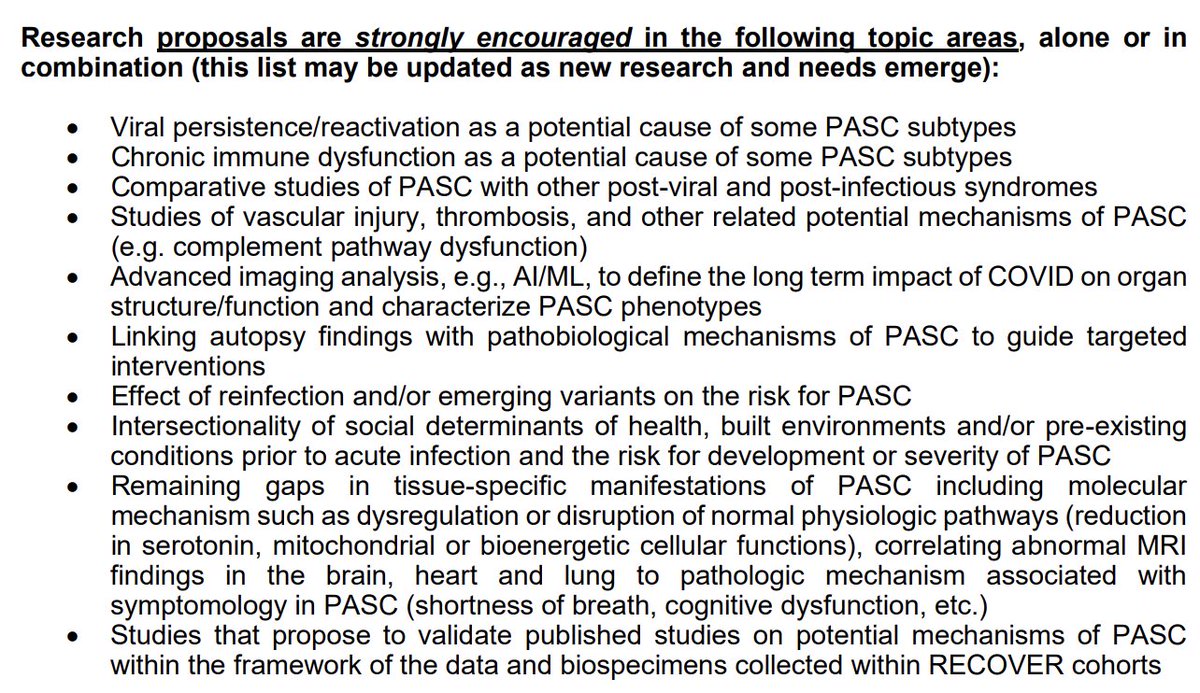Dolphin
Senior Member (Voting Rights)
Harvard Health Publishing
Harvard Medical School
DISEASES & CONDITIONS
Is chronic fatigue syndrome all in your brain?
An NIH study expands on a body of research locating objective markers of ME/CFS in the brain, the immune system, the gut, and beyond.
February 28, 2024
By Anthony L. Komaroff, MD, Editor in Chief, Harvard Health Letter
https://www.health.harvard.edu/blog/is-chronic-fatigue-syndrome-all-in-your-brain-202402283020
Harvard Medical School
DISEASES & CONDITIONS
Is chronic fatigue syndrome all in your brain?
An NIH study expands on a body of research locating objective markers of ME/CFS in the brain, the immune system, the gut, and beyond.
February 28, 2024
By Anthony L. Komaroff, MD, Editor in Chief, Harvard Health Letter
https://www.health.harvard.edu/blog/is-chronic-fatigue-syndrome-all-in-your-brain-202402283020


